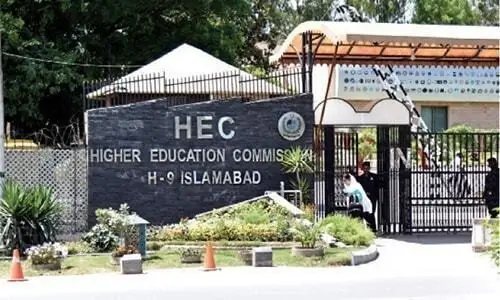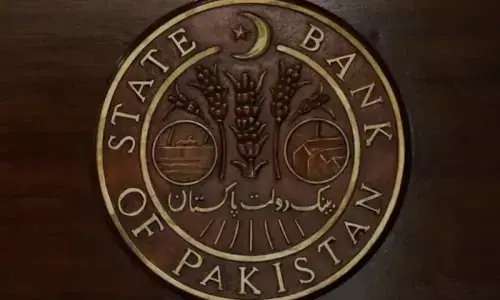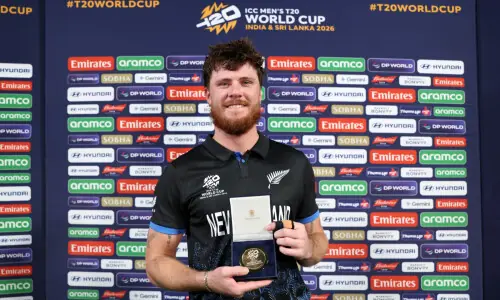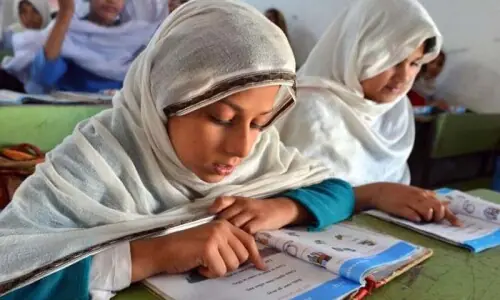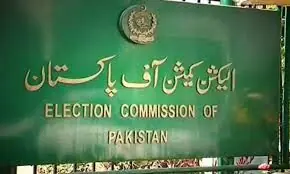Shoaib Sultan Khan is a former bureaucrat who has worked with organisations such as the Agha Khan foundation Unicef and UNDP for several decades. Since 2005, he has been leading the rural support programmes of Pakistan as the honorary chairman of the Rural Support Programmes Network (RSPN) and 12 other RSPs across Pakistan.
A recipient of numerous awards, including national and international honours, he was also nominated for the Nobel Peace Prize in 2009 for “unleashing the power and potential of the poor”.
With a network of 12 RSPs, the RSPN is the largest development network in Pakistan with an outreach of over 32 million rural Pakistanis. The Agha Khan Rural Support Programme (AKRSP) development model has been replicated all over Pakistan, South Asia, as well as around the world.
The key to participatory development is social mobilisation: communities in rural and semi-urban areas organising themselves into community organisations and working with the support of a ‘support organisation’ to lift themselves out of poverty. Dr Khan pioneered this concept through the AKRSP and this concept was used in many rural development interventions in other parts of the world.
Q: What makes the participatory development approach successful?
A: The approach is based on the assumption that there is tremendous potential in people. This is not an original concept, as my teacher Dr Akhtar Hameed Khan used to say, “Learn from the experience of the world, don’t try to reinvent the wheel”.
Dr Hameed would talk about Raifessen, the mayor of a small German municipality in 1949, who had experienced poverty himself and wanted to do something for the poor.
He brought the subsistence holders, small farmers, peasants and the landless and told them they were being crushed by three giants: money lenders, shop keepers and landlords. He warned them that individually you can’t do anything about it, organise yourselves and you can become powerful.
But organising themselves means that they must follow three basic principles: firstly, an honest and competent leader must be found from amongst themselves; secondly, they must generate capital through savings; and thirdly, the potential of the organised people must be unleashed, nurtured and channelled.
The Agha Khan foundation gave me the opportunity to really implement these ideas. I was asked by the Agha Khan to head the Agha Khan Rural Support Program (AKRSP) in Gilgit in the 1982. We went to every household and asked them what they were capable of. We helped them make community organisations and together they decided that they wanted to bring water down from the glaciers and cultivate land. However, they only had ibex horns to work with, so we helped them acquire tools and explosives.
The community organisation managed the money for this and also hired their own people by paying them wages. In the end 50 million trees were planted, 10 million of them were fruit trees. And when I left twelve years later, they had saving of 40 million, 400 crore. 4000 community organisations had been made. 10 thousand leaders among them had been identified. Their income had doubled.
Today, there are no Taliban in Gilgit Baltistan, even though they are surrounded by Taliban. Today, there are girls from that area studying all over the world.
The participatory development approach that had been so successful in AKRSP was replicated by other rural support programs in Pakistan and later in other parts of South Asia. These programs supported rural people in organising themselves in community organisations and using this platform to generate incomes and change their circumstances.
Q: What makes this approach different from BISP or microfinance programs?
A: Microfinance is a very important intervention but it is not a holistic approach. Microfinance comes in the form of capital. After communities organise, then we ask them to make a microinvestment plan.
Mohammad Younis – of Grameen Bank fame – believes that if you give them credit, they will rise out of poverty. But I believe that after they take money, they stagnate. Before BISP was launched Salman Farooqi asked me in 2008 to come in and give a presentation to the president. I made the presentation, then they said let’s do a pilot. After I told them that the RSPs in Pakistan were a pilot for what they wanted to achieve, nothing happened.
The difference between BISP and what I am suggesting is there is no attempt to unleash the potential, they decided to give them thousand rupees a month, later raised it to 1,200-1,500. It is a relief but it is not going to double people’s income as AKRSP did. We brought in a community investment fund, it funds the microinvestment plan, gives money to the organisation and uses it wisely to generate income.
Donors prefer BISP because it is easy to disperse money. They think people in Pakistan are dishonest, who can explain to them that you have to give people responsibility. Trust them and they will prove their honesty. There are five and a half million rural households.
There are 349,967 honest activists and the support organisation oversees their work.
Other RSPs were never given the resources to make the kind of impact AKRSP did; we could not reach even 20 per cent of households. Governments don’t understand that, which is why the results seen in Gilgit-Baltistan could not be replicated elsewhere in Pakistan.
Published in Dawn, November 29th, 2014


